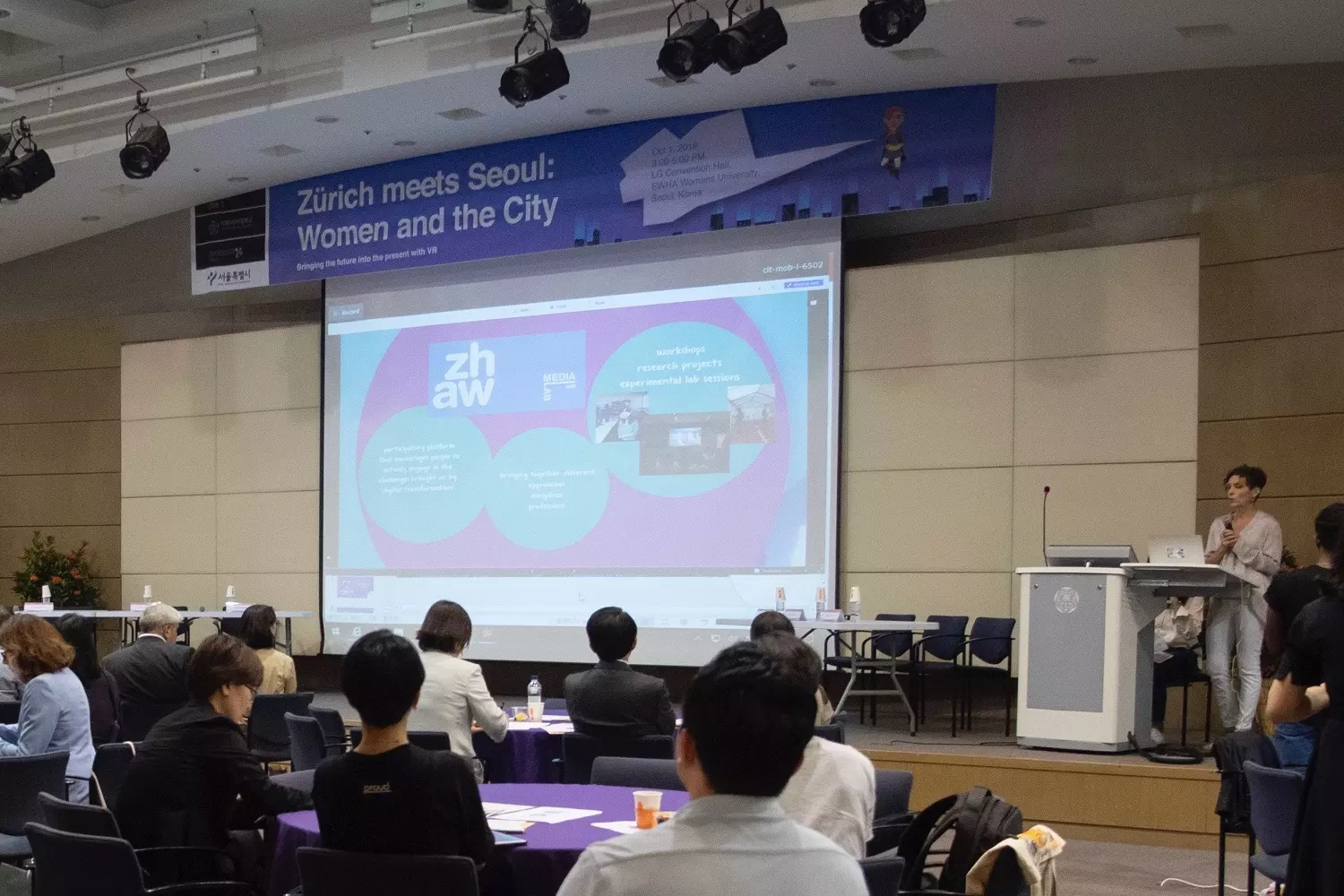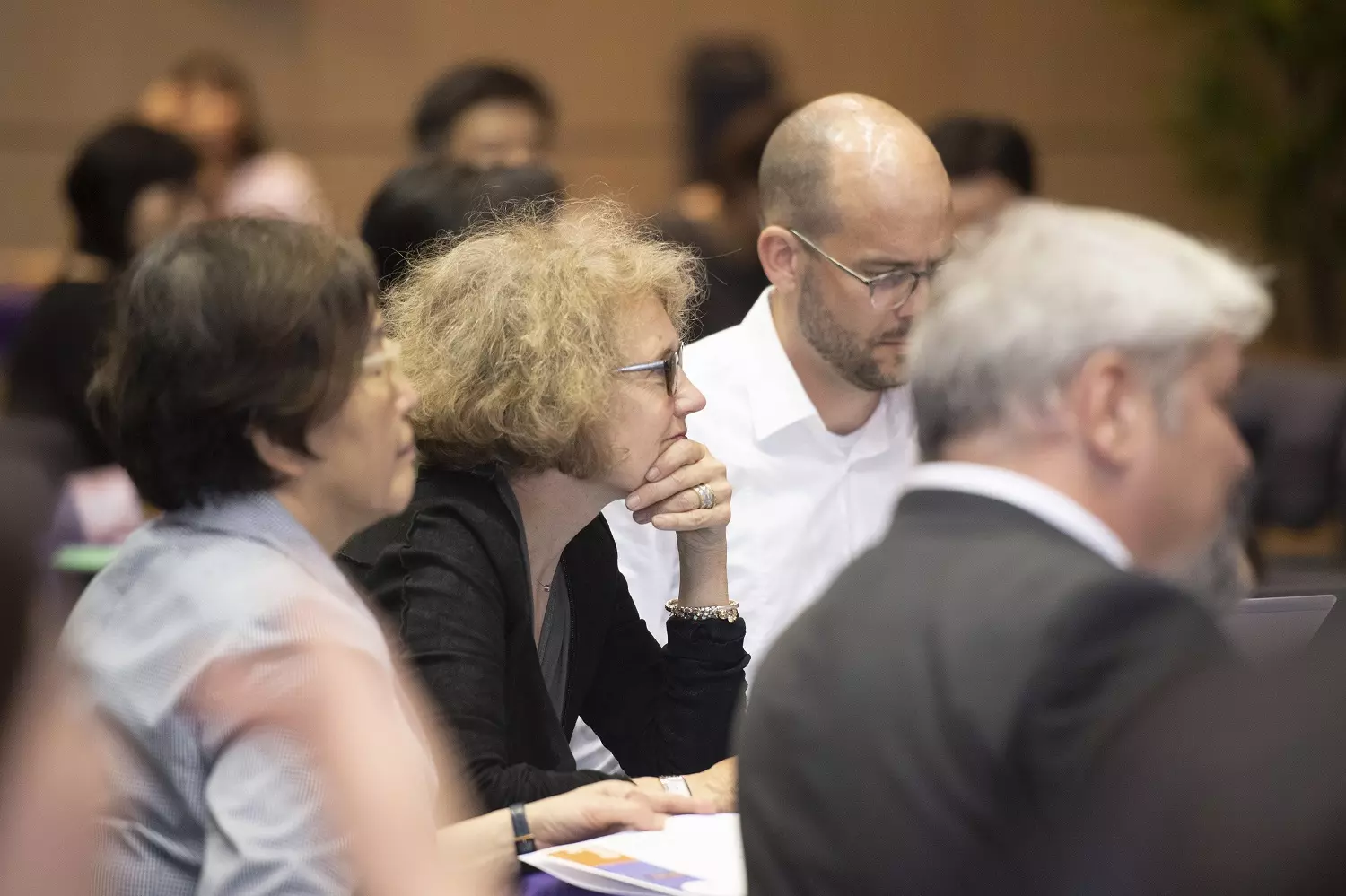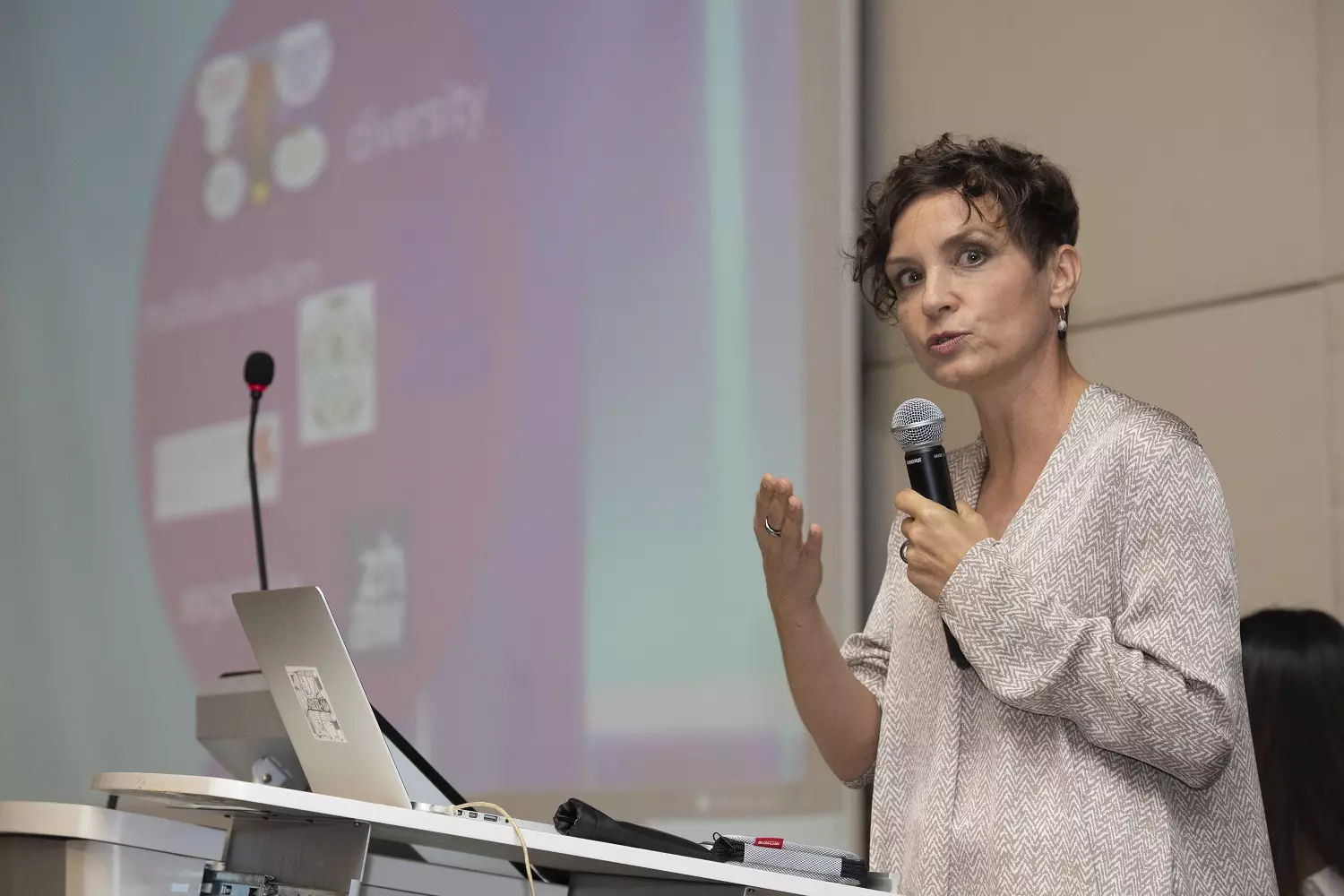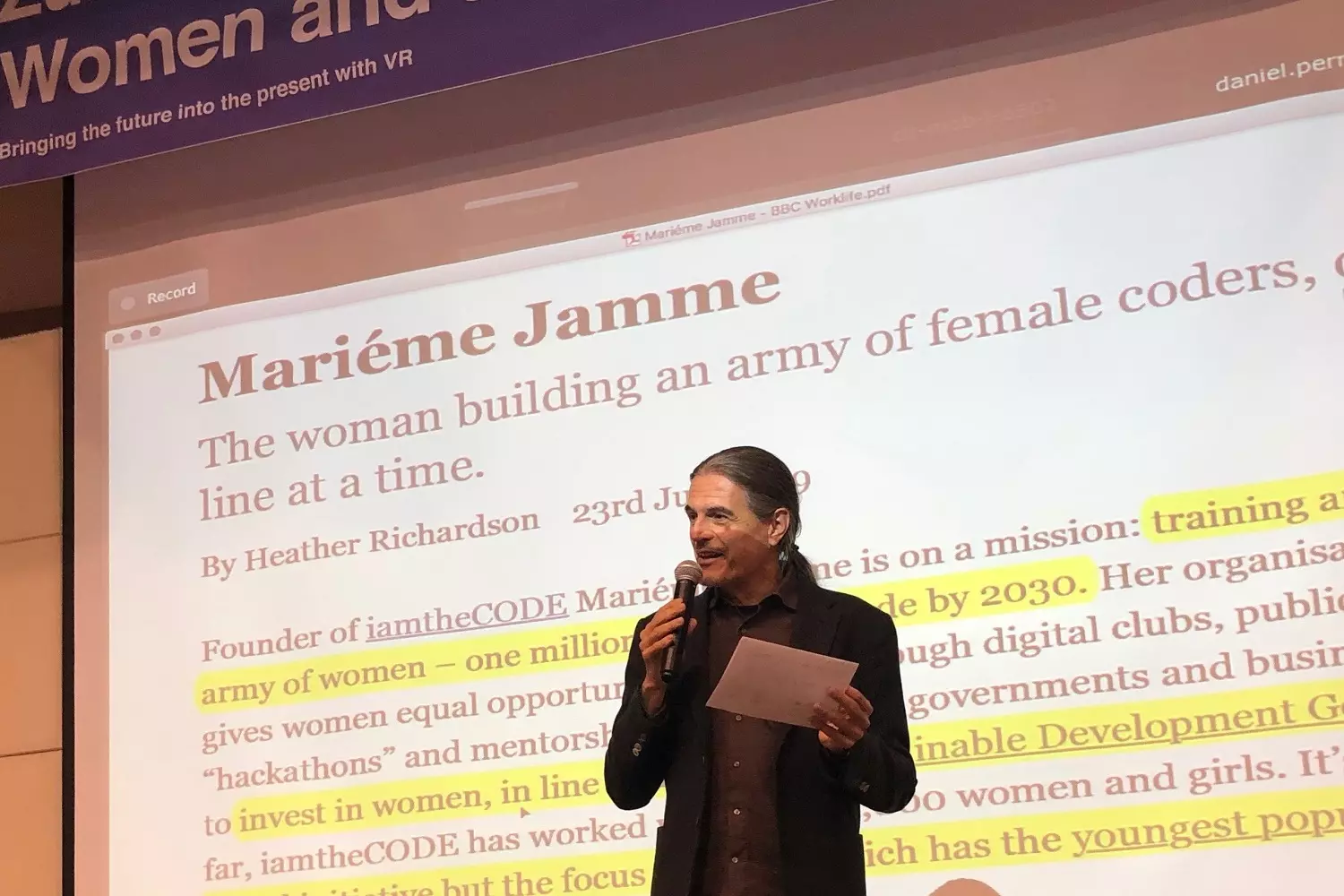Smart Cities and the Gender Data Gap
Cities are only as smart as their (software) developers – most of whom are men. Aiming at unlocking the human potential for urban development across gender boundaries, the IAM MediaLab is developing a virtual reality game that invites women around the world to participate in the design and programming of smart cities.
Smart cities are called 'smart' because they are self-learning systems, for example, in the artificially intelligent control of traffic flows or neighbourhood development. This control is based on algorithms, data and programs. At present, however, more than nine out of ten experts who develop such programs and plan cities are men.
It is obvious that women's needs, expectations and ideas risk not being taken into consideration in the process: Cities are being created by men for men; the female potential of turning data into reality is rarely used. This gender data gap has a negative impact on women, but also on men and society-at-large, as this article shows:
An intercultural superhero leads the way to smarter cities
At the city festival "Zurich meets Seoul", Professor Aleksandra Gnach presented the idea of the virtual reality game "Women and the City" in a lab session and used the interaction with the audience to develop cross-cultural narratives for the game. Drawing on women like Ada Lovelace and Mariéme Jamme as examples, Professor Daniel Perrin demonstrated what it means to change the world through programming.
Based on the results of the inspiring intercultural exchange in Seoul, the IAM MediaLab team will submit an Innosuisse project with practice partners from Seoul, Winterthur and Zurich.
The "Zurich meets your city" project
The city festival was presented by the city and canton of Zurich, Zurich Tourism and in cooperation with ETH Zurich, the University of Zurich, the ZHAW, the ZHdK and the city of Winterthur.



